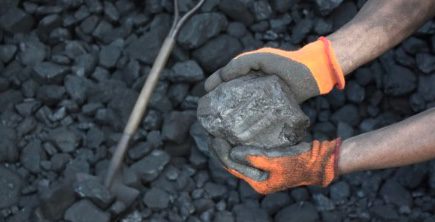
Cobalt mining and the quest for clean energy: the dark side
In an episode of the podcast On Point hosted by WBUR, host Meghna Chakrabarti and Siddharth Kara, associate professor of Human Trafficking and Modern Slavery at the University of Nottingham, speak about the daunting reality of modern slavery in the production of cobalt – one of the most sought-after minerals in the world.
What is cobalt and why is it so important for the energy transition?
Cobalt is a critical metal used to produce batteries for electric vehicles (EVs). It prevents batteries from overheating, thus reducing the risk of fires, and enhances their efficiency, allowing for less frequent charging. The metal’s demand is expected to double by 2030, in line with the U.S. goals to halve emissions.
The Democratic Republic of the Congo (D.R.C) is the leading source of cobalt, contributing 70% to the global market, with significant mining operations controlled by foreign entities. Artisanal mining, which is often dangerous and unregulated, accounts for a considerable portion of the cobalt mined. Over 255,000 people, including 40,000 children, engage in these precarious mining activities as a means of survival in a nation marked by extreme poverty despite its vast mineral wealth.
